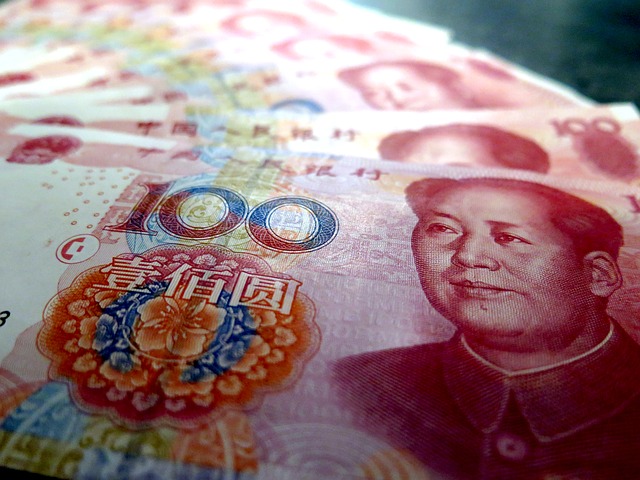People's bank of China (PBoC) this morning fixed the Yuan stronger against Dollar for seventh consecutive day, which makes it among the top 10 consecutive as well as strengthening move in the world. It is also Renminbi's longest winning streak since early 2011.
Every morning, PBoC sets value of Yuan against Dollar and it is allowed to trade within 2% of this central parity. This is applicable for Yuan's onshore version, which is traded in China and not for offshore one, traded mainly in Hong Kong.
Yuan strengthened to 6.322 against Dollar, up 0.4%, which makes it the best performing currency this year. After falling to 6.4485 against Dollar in August, Yuan has appreciated steadily, which makes us question - is the crisis over? Has the analysts got it all wrong?
- Well some of the data such as housing market is showing some signs of stabilizations and premature early recovery, many others such as industrial production, PMI, capital spending is still close to further decline.
- Many fund managers and analysts are expecting China's economy to weaken further and some expecting even recession by end 2016. If it were August, whole world would have bought and thought these arguments but now with this unexpected Yuan appreciation, pundits are a bit confused over what lies ahead.
Moreover, the spread between offshore and Onshore Yuan, which rose to 12 times of their normal and sighted as example of capital flight has now remarkably narrowed, posing similar question - Is the crisis over? Is the capital flight over?
- China's official FX reserve declined by $43 billion In September, compared to $94 billion in August. Which means PBoC could manage the level of Yuan with less than half the amount in August.
- Focus now will be on October, to see if this change is sustainable or not. Moreover with FED rate hike expectation taken a hit, Renminbi's appeal has improved.
- Moreover PBoC, might have been intervening directly in onshore Yuan market, which helps to reduce fix in onshore market.
- Moreover crackdown on shadow banks might be squeezing liquidity in the offshore market in favor of Yuan.
Probability has now increased that Chinese scenario would stabilize in the near term, but unless hard data portrays better economy and corporate balance sheet improves, crisis would be far from over. Chart courtesy Tom Orlik



 JPMorgan Lifts Gold Price Forecast to $6,300 by End-2026 on Strong Central Bank and Investor Demand
JPMorgan Lifts Gold Price Forecast to $6,300 by End-2026 on Strong Central Bank and Investor Demand  BTC Flat at $89,300 Despite $1.02B ETF Exodus — Buy the Dip Toward $107K?
BTC Flat at $89,300 Despite $1.02B ETF Exodus — Buy the Dip Toward $107K? 
































